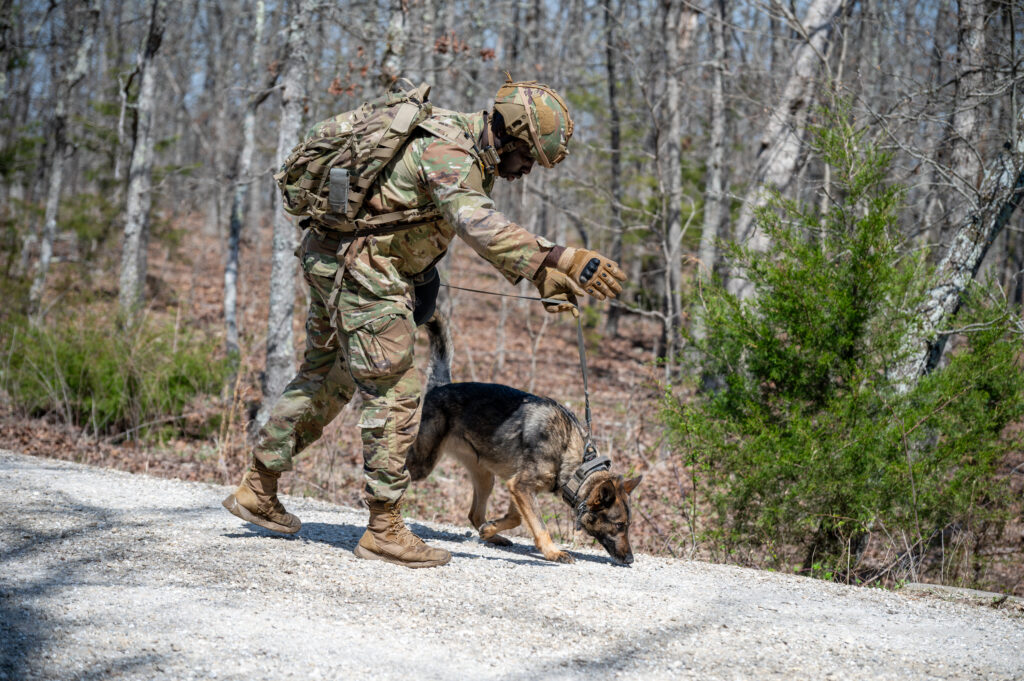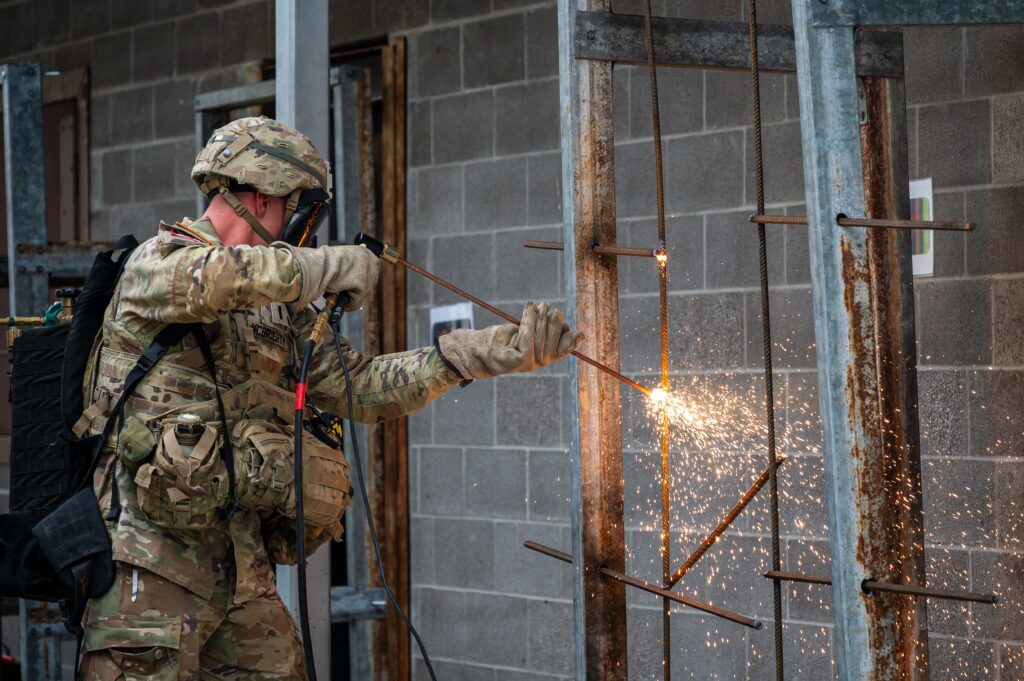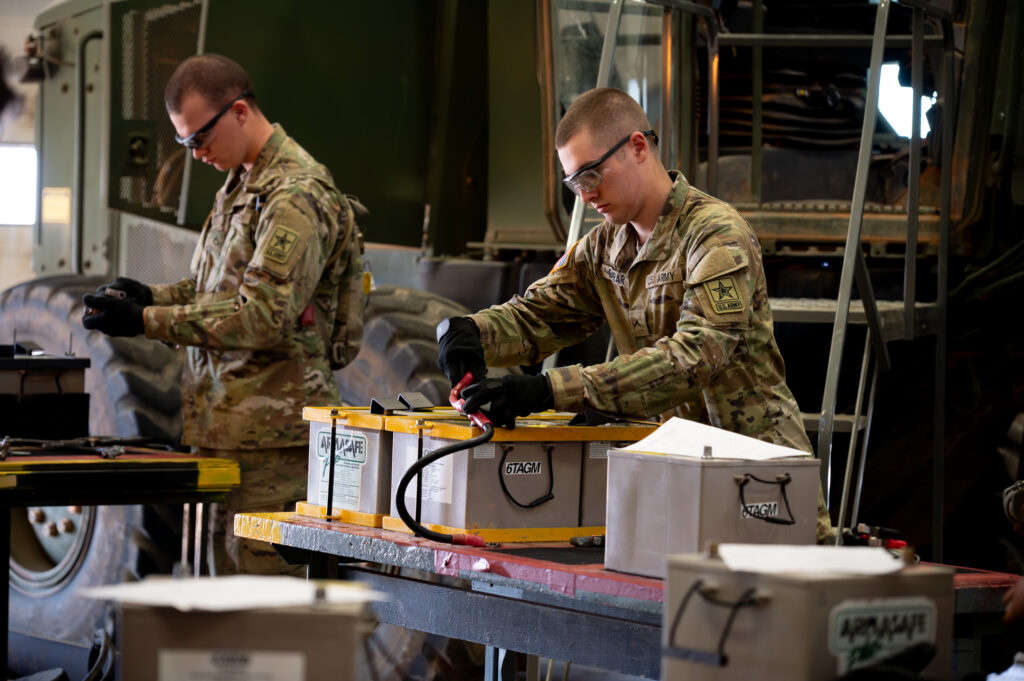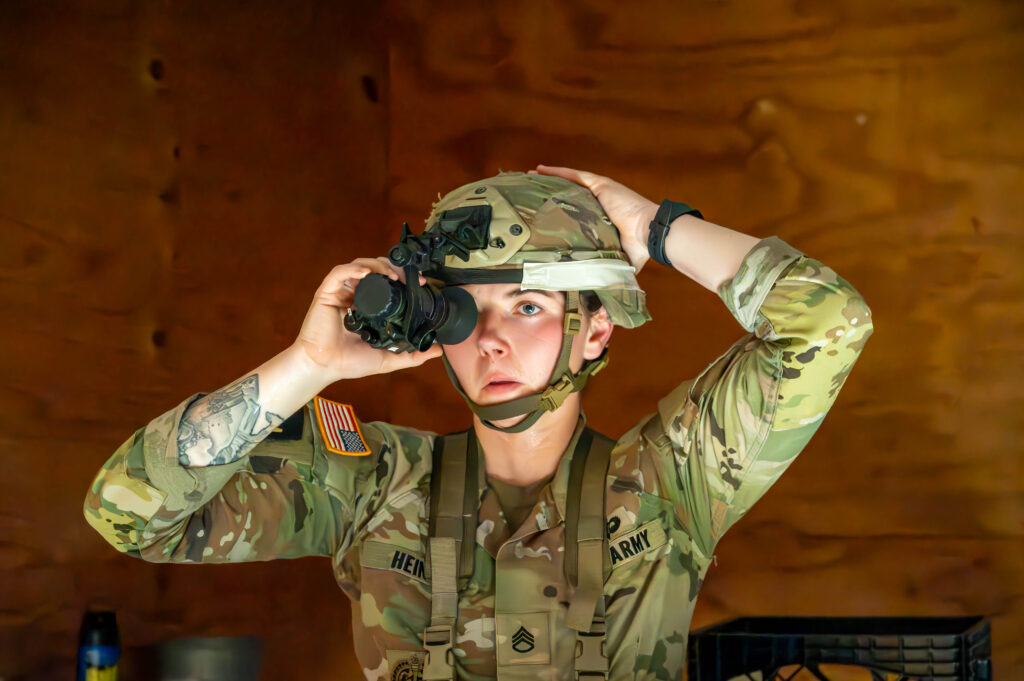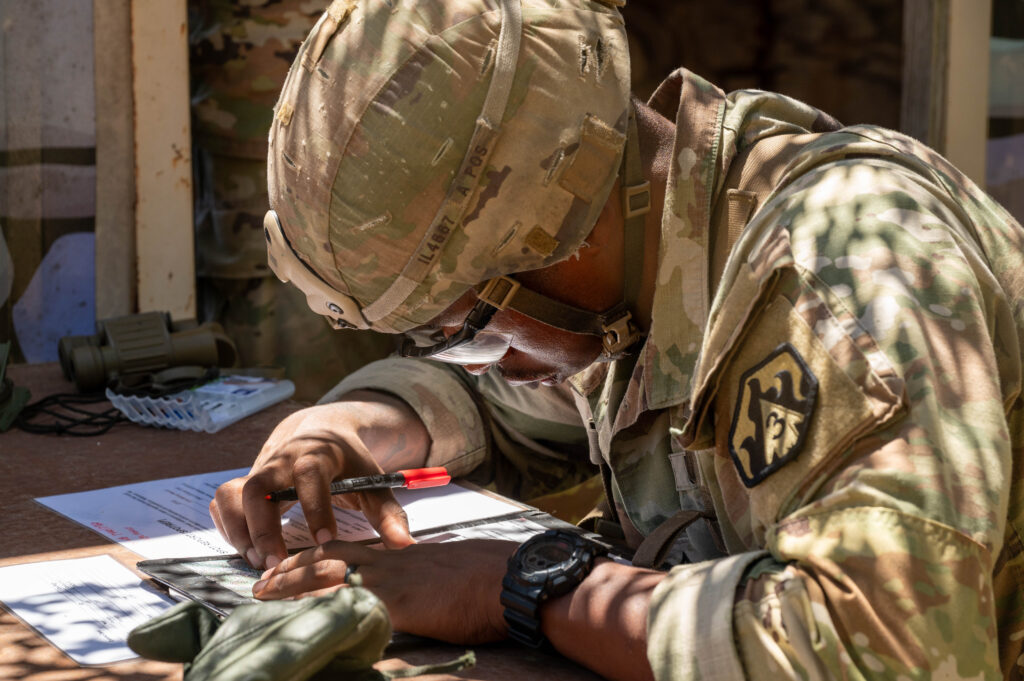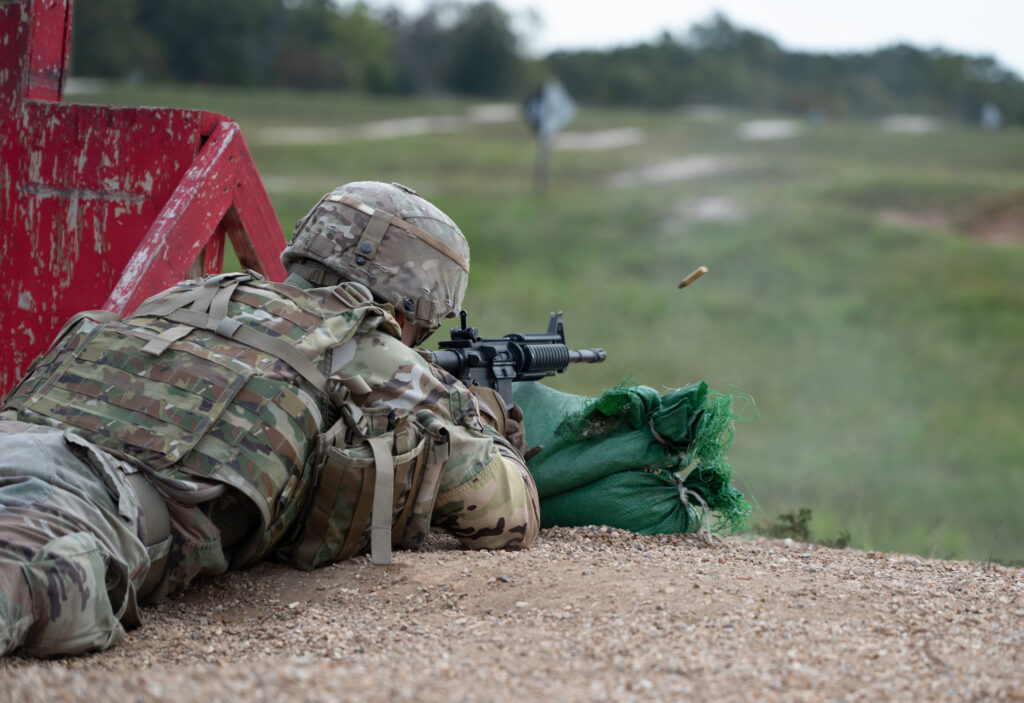FORT LEONARD WOOD, Mo. (Jan. 10, 2019) — Physical fitness, mental wellness, and nutrition comprise the majority of resolutions and are three parts to an improved bill of health that Soldiers and civilians can strive toward as 2019 progresses.
Guilt resulting from lack of exercise over the holiday break can sometimes lead to misplaced workout habits, says Kirstan Carpenter, Family and Morale, Welfare and Recreation fitness coordinator. The best regimen is to “exercise four to five days per week, for at least 60 minutes, in medium-to-high intensity sessions,” she said.
“But If you haven’t been lifting at all during (the holidays), your muscles need to have time to find that elasticity again,” she added. “So, your body needs time to reacclimate.”
Upon returning to the gym, those looking to lift weights should choose half the amount of weight they were used to handling, she suggested.
Depending on personal goals, the type of exercise gym-goers should target differs drastically.
“Cardio may need to be increased if someone wants to lose weight,” she said. “If they need to gain muscle mass or strength, they should look at high-intensity interval (training).”
Despite its importance in maintaining physical health, flexibility is all too often overlooked.
“It is crucial, no matter who you are,” Carpenter said. “The more pliable your body is, the less likely you are to have an injury.”
Readjusting to situations can be just as difficult for the brain as it is for the body.
“After a 2-week break, it can get hard to get back into that motivation level you might have had beforehand,” said Sgt. 1st Class Shane Parker, Ready and Resilient program manager.
Self-reflection is a useful tool to combat a post-holiday slump or personal issues. Instead of letting events that happened over the holidays negatively affect productivity, “you always have to self-reflect,” he said.
“If you have relationships that have been strained because of your behavior, then maybe you can make the choice to do a self-evaluation and say, ‘How can I approach this differently with the way I think about it?’,” Parker said.
Positivity in thought and tone is important, he said. “When you have a more positive tone, it builds cohesion among everybody.”
Parker’s office is dedicated to helping Soldiers achieve their goals.
“Whether it’s giving a briefing or getting better at racquetball,” he said, “then they can come in to the office.”
Trying to eat better in the new year can be difficult too. But according to Maj. Ben Wunderlich, Chief Dietician of Nutrition Care Division, GLWACH, trying to instantly change your diet isn’t a good idea.
“Take three to seven days and track down what you’re eating,” he said. “Have an idea of the current issues that you have personally.”
After creating a dietary goal, making it part of a regular routine is key to success. “Consistency is difficult,” he said. “If I have a goal and I want to get there, if I’m not consistent, how am I going to know what worked and didn’t work?”
Wunderlich reminded dieters that while the required energy output of their occupation is important, if the goal is to lose weight, then it’s a simple matter of counting calories.
“I had a Soldier I worked with,” he said. “We provided him a calorie limit and he loved ice cream.”
“He would eat two-thirds of his calories in ice cream every day, but he kept it within his goal and he lost weight,” he continued.
The Nutrition Care Division at GLWACH has board-certified dieticians available for one-on-one meetings with no consultation required.
To contact the Davidson Fitness Center, call 573.596.4359. For the Army Wellness Center, call 573.596.9677. For the Nutrition Care Division, call 573.596.1762.


